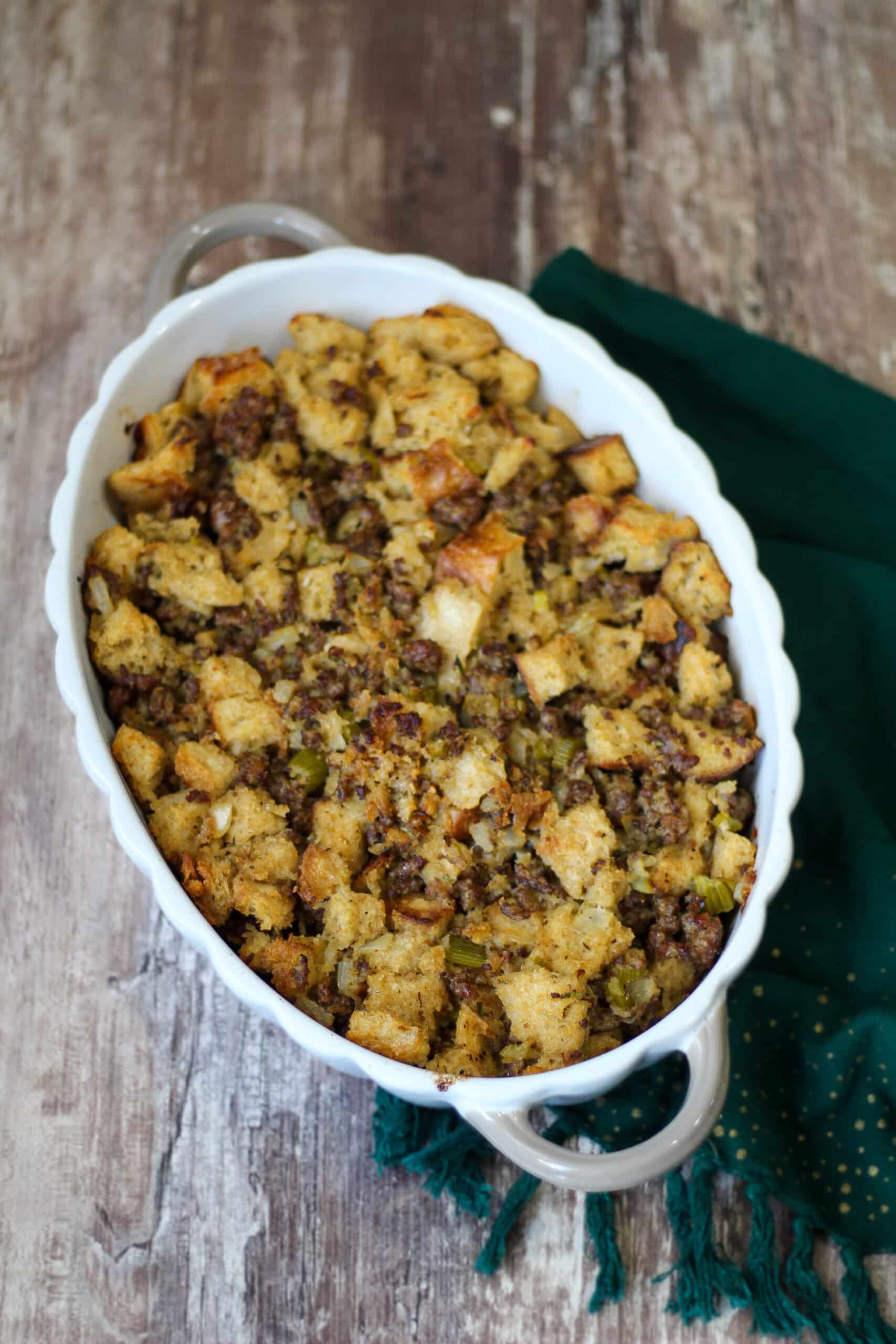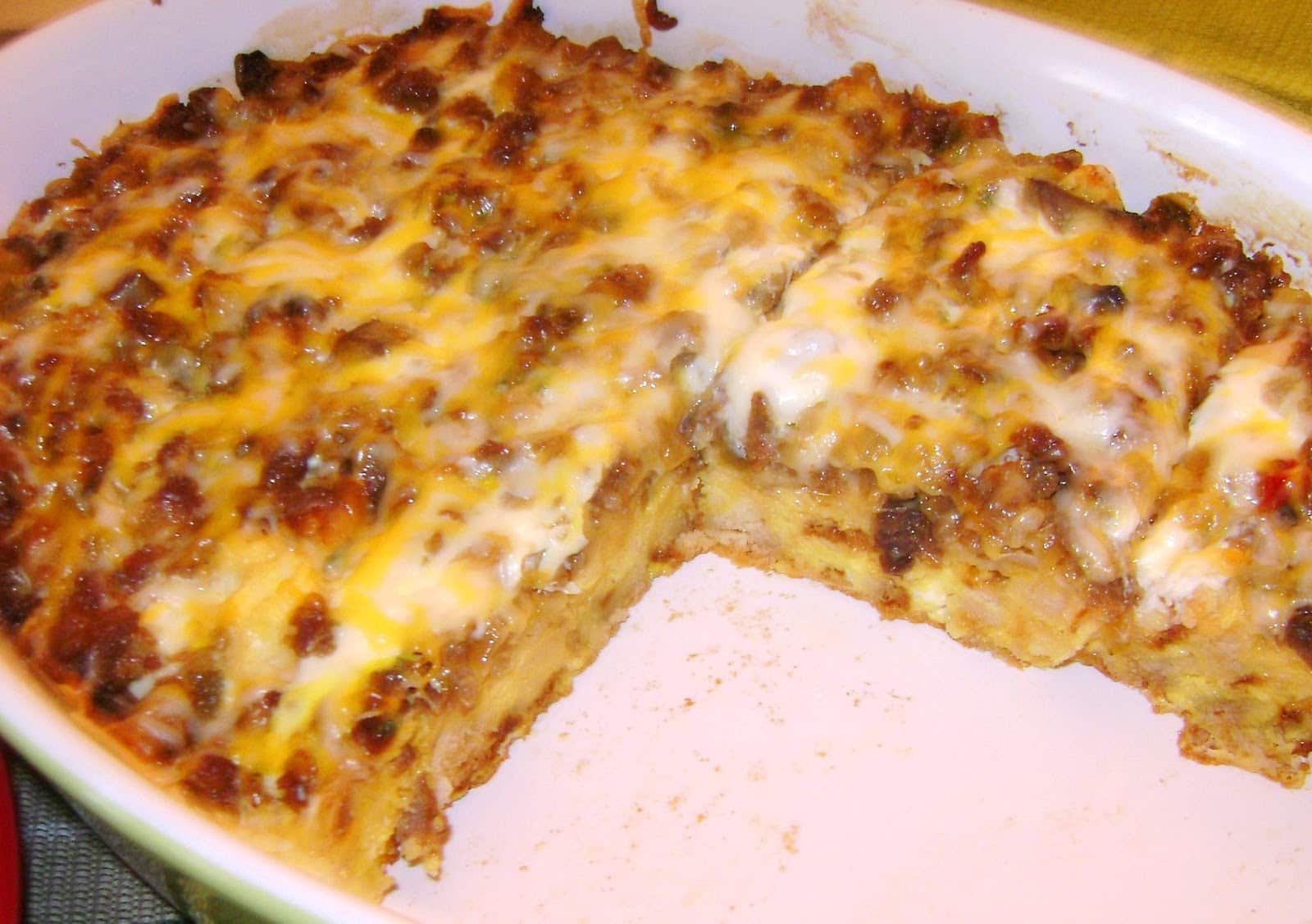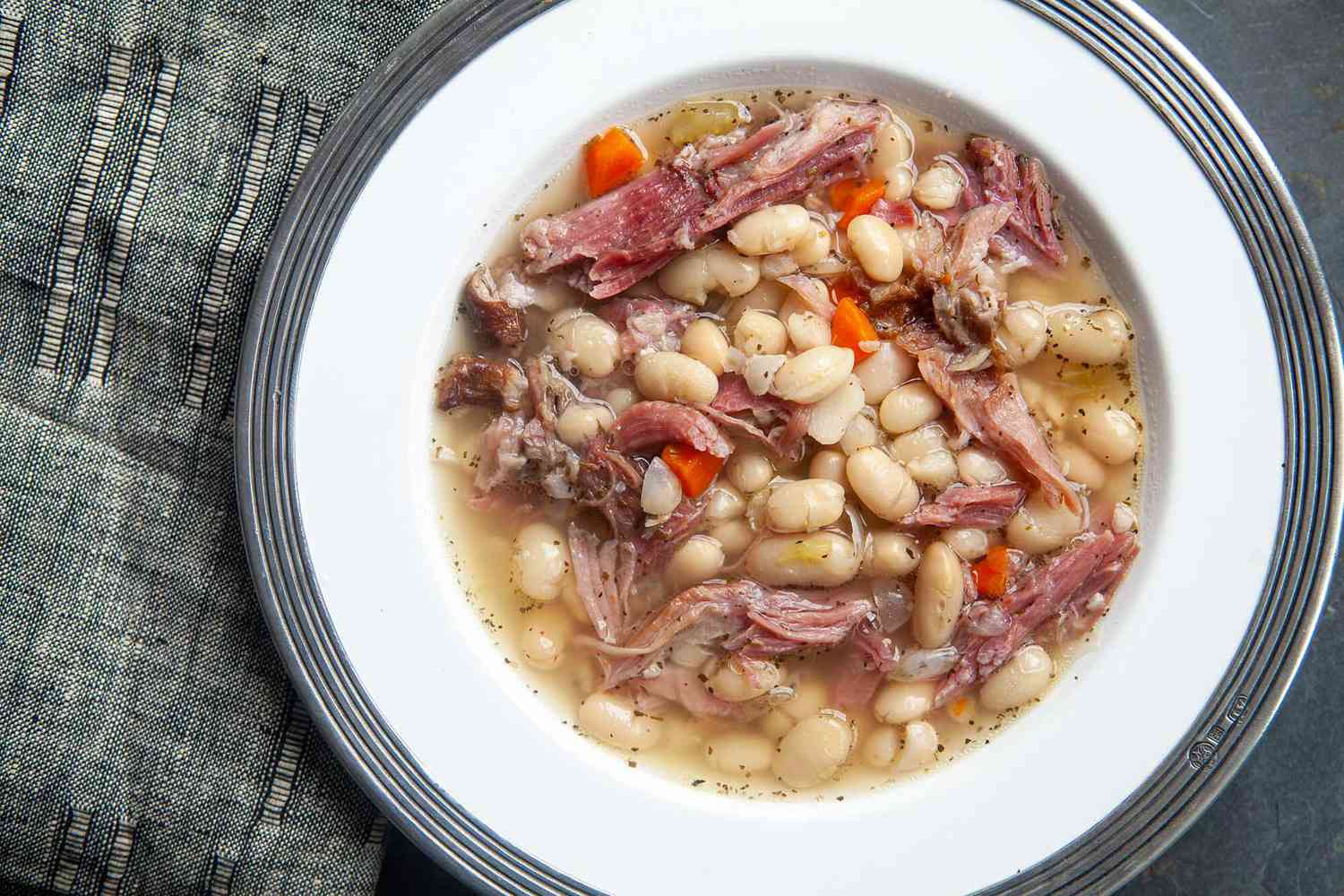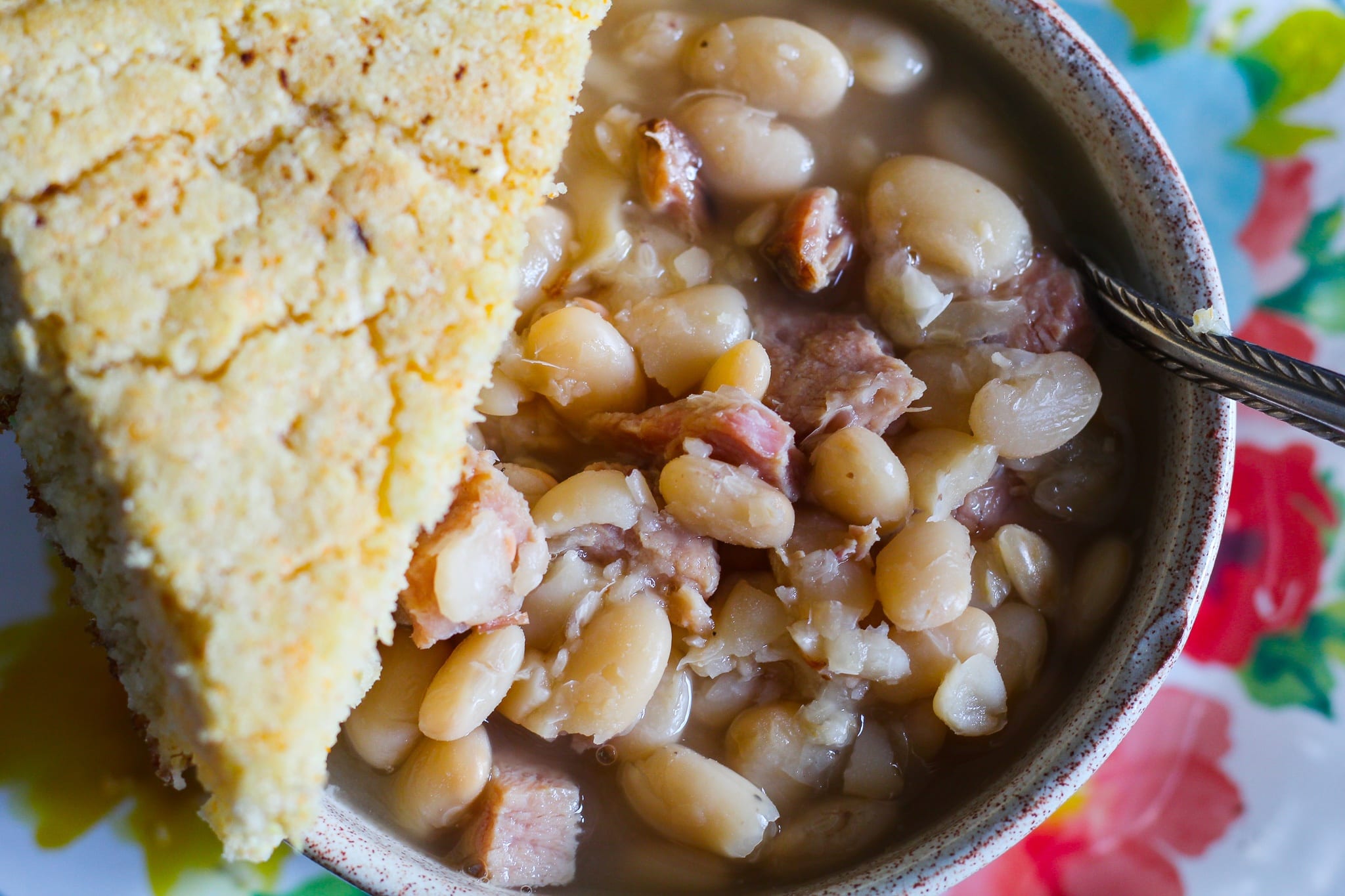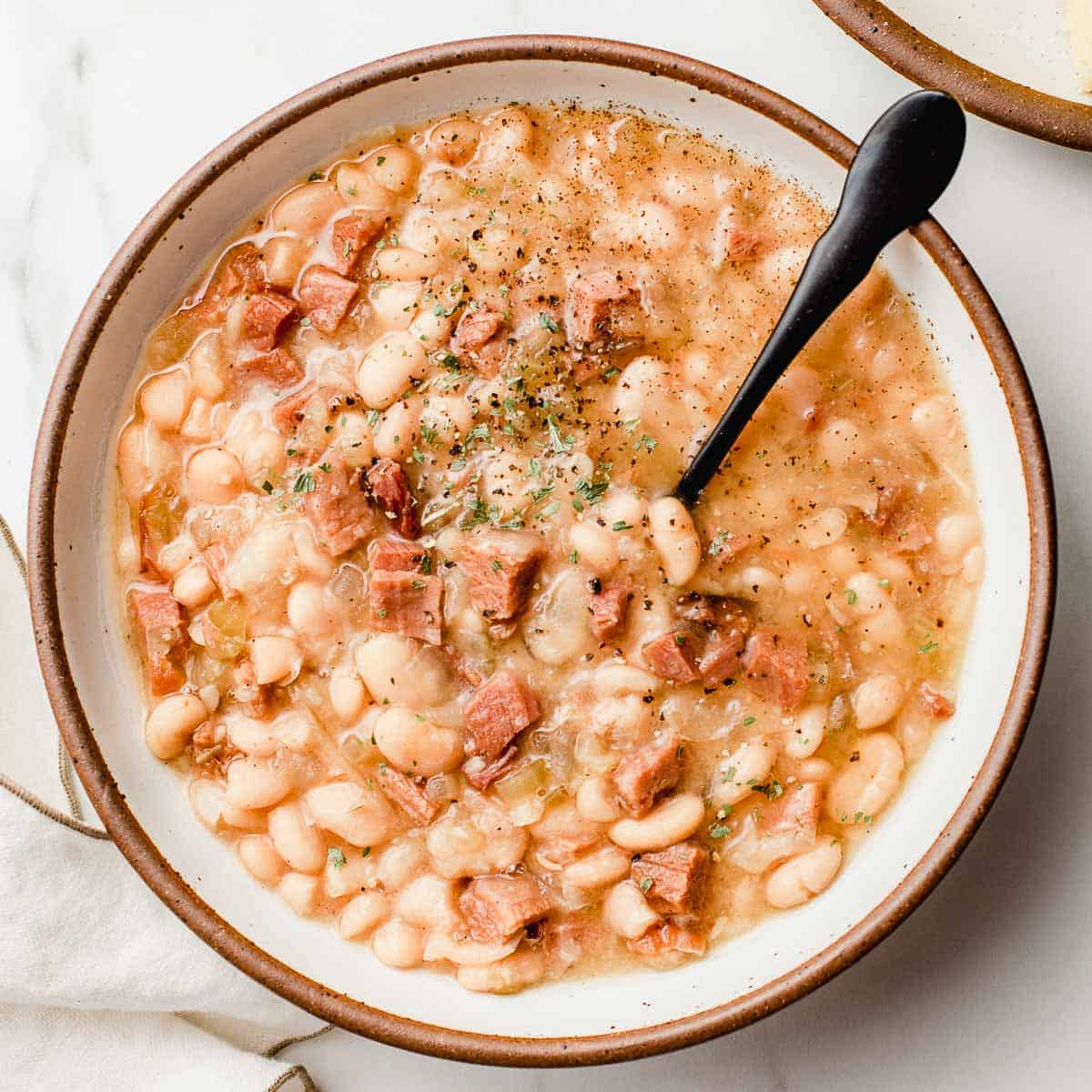Sailing enthusiasts searching for the perfect combination of luxury, performance, and reliability will find it in the exceptional design of the 50-foot bluewater cruiser. Built for long-distance journeys and effortless handling, this yacht is the ideal choice for those who want to explore the world in style. Every detail, from its refined craftsmanship to its cutting-edge technology, enhances the experience for seasoned sailors and newcomers alike. Its layout provides comfort and practicality, ensuring smooth sailing even in demanding conditions. Crossing oceans or enjoying coastal cruising, this vessel offers an unrivaled experience. The balance between innovation and tradition makes it a standout choice for anyone seeking adventure on the open water. Keep reading to discover what makes this yacht truly special. Continue Reading
Stuffing is a staple of holiday meals, but why stick to the same old recipe? This guide will take you on a flavorful journey combining the tangy depth of sourdough bread with the rich, spiced complexity of Cajun boudin sausage. Whether you’re planning a festive holiday menu or a comforting family dinner, these recipes for Sourdough Bread Stuffing with Boudin and a Boudin Breakfast Casserole will elevate your culinary game.
Why Combine Sourdough and Boudin?
Sourdough bread and boudin sausage are a match made in heaven. The bread’s natural tanginess enhances the spiced richness of the boudin, while its firm texture holds up beautifully when soaked with savory broth and aromatics. Together, they create a dish bursting with bold flavors and satisfying textures.
Ingredients Overview
To make these two flavorful dishes—Sourdough Bread Stuffing with Boudin and Boudin Breakfast Casserole—you’ll need a combination of everyday staples and a few key ingredients. Each plays a unique role in building the layers of taste and texture that make these recipes stand out. Here’s a detailed look at what you’ll need:
Ingredients for Sourdough Bread Stuffing with Boudin
1. Sourdough Bread
- Why It’s Important:
Sourdough bread serves as the base of the stuffing, offering a slightly tangy flavor and a hearty texture that holds up well to moisture. The natural fermentation in sourdough adds depth and complexity, elevating the dish beyond standard stuffing. - How to Use It:
Cube the bread into 1-inch pieces and toast them lightly in the oven. This step ensures the bread absorbs the broth evenly without becoming mushy. - Pro Tip:
If you’re short on time, pre-made sourdough stuffing mixes, such as those available at Costco, are a fantastic alternative.
2. Boudin Sausage
- Why It’s Important:
Boudin is a Cajun-style sausage made with pork, rice, and spices. Its bold, savory flavors and slight spiciness make it the perfect protein addition to the stuffing. - How to Use It:
Remove the casing and crumble the sausage before cooking. This ensures even distribution throughout the stuffing. - Pro Tip:
If boudin isn’t available, you can substitute it with other spicy or smoky sausages like andouille or chorizo.
3. Aromatics
- Ingredients Included:
- Onion: Provides sweetness and depth.
- Celery: Adds crunch and subtle freshness.
- Garlic: Infuses the dish with bold, savory notes.
- Why They’re Important:
These ingredients build the flavor foundation for the stuffing and complement the rich taste of the boudin sausage. - How to Use Them:
Finely dice the onion, celery, and garlic, then sauté until tender and fragrant.
4. Broth
- Options: Chicken or vegetable stock.
- Why It’s Important:
Broth moistens the bread cubes, creating a cohesive stuffing without making it soggy. - Pro Tip:
Use low-sodium broth so you can control the saltiness. Warm the broth slightly before adding it to the mixture for better absorption.
5. Fresh Herbs
- Ingredients Included: Thyme, sage, and parsley.
- Why They’re Important:
These herbs add earthy, aromatic notes that elevate the stuffing’s flavor profile. - How to Use Them:
Chop fresh herbs finely and toss them with the bread and sausage mixture.
6. Butter and Olive Oil
- Why They’re Important:
Butter adds richness, while olive oil prevents sticking during the sautéing process. - Pro Tip:
For a dairy-free option, substitute butter with plant-based alternatives without compromising flavor.
Ingredients for Boudin Breakfast Casserole
1. Boudin Sausage
- Why It’s Important:
Just like in the stuffing, boudin’s Cajun spices and pork richness form the centerpiece of this casserole. Its slightly smoky, spiced profile pairs beautifully with the eggs and bread. - How to Use It:
Crumble the sausage and cook thoroughly before layering it into the casserole.
2. Sourdough Bread Cubes
- Why It’s Important:
The bread absorbs the egg mixture, creating a soft and flavorful base while retaining structure. - How to Use It:
Cut the bread into small cubes and spread them evenly in the baking dish.
3. Eggs
- Why They’re Important:
Eggs bind the casserole together, creating a rich and custardy texture. - How to Use Them:
Whisk the eggs with milk or cream and season with salt and pepper for even flavor distribution.
4. Milk or Cream
- Why It’s Important:
Milk or cream ensures the casserole stays moist and creamy as it bakes. - Pro Tip:
Use whole milk for a balanced richness or substitute with plant-based options like almond or oat milk for a dairy-free version.
5. Cheese
- Options: Cheddar or Gruyere.
- Why It’s Important:
Melty cheese adds a luscious, gooey texture and an extra layer of flavor. - Pro Tip:
Gruyere offers a nutty sophistication, while cheddar provides sharpness. Choose based on your flavor preference.
6. Green Onions
- Why They’re Important:
Green onions add a pop of freshness and a subtle onion flavor, balancing the richness of the casserole. - How to Use Them:
Chop finely and sprinkle over the finished dish as a garnish.
Optional Additions for Either Recipe
1. Dried Cranberries or Pecans
- Why Add Them:
These add sweetness and crunch, making the stuffing more festive and flavorful. - How to Use Them:
Fold dried cranberries or chopped pecans into the bread mixture before baking.
2. Dairy-Free Butter and Milk
- Why Add Them:
For those with dietary restrictions, dairy-free butter, and milk provide an easy way to make the recipes lactose-free without sacrificing creaminess or taste. - Pro Tip:
Coconut milk or cashew cream work well for a richer alternative.
Why These Ingredients Work Together
- The tanginess of sourdough bread complements the spiced richness of boudin sausage.
- Aromatics like onion and celery add depth, while fresh herbs brighten the dish.
- Cheese and eggs provide indulgent creaminess in the casserole, while broth ensures the stuffing is moist and flavorful.
- Optional add-ins like cranberries or pecans create delightful contrasts of texture and flavor.
Recipe 1: Sourdough Bread Stuffing with Boudin
This stuffing is perfect as a side dish for roast turkey, chicken, or even a standalone meal.
Step 1: Prepare the Ingredients
- Toast the Bread:
Cube your sourdough bread and spread it on a baking sheet. Toast at 350°F (175°C) for 10–15 minutes until golden and slightly crisp. This step ensures the bread holds its texture when combined with the broth. - Cook the Aromatics:
In a large skillet, heat 2 tablespoons of butter and 1 tablespoon of olive oil over medium heat. Add diced onion, celery, and minced garlic. Sauté for 5–7 minutes until softened and fragrant. - Brown the Boudin:
Remove the casing from the boudin sausage and crumble it into the skillet. Cook for 6–8 minutes until browned and cooked through. Set aside.
Step 2: Combine and Bake
- Mix Everything:
In a large mixing bowl, combine the toasted bread cubes, cooked aromatics, and browned boudin. Add 1 tablespoon each of chopped thyme, sage, and parsley. Toss to mix. - Add the Broth:
Gradually pour in 2 cups of chicken or vegetable broth, tossing gently until the bread is moist but not soggy. You may need more or less broth depending on your bread. - Bake:
Transfer the mixture to a greased 9×13-inch baking dish. Cover with foil and bake at 350°F for 30 minutes. Remove the foil and bake for an additional 15 minutes to crisp the top.
Recipe 2: Boudin Breakfast Casserole
Start your morning with this hearty, crowd-pleasing dish.
Step 1: Assemble the Casserole
- Prepare the Baking Dish:
Grease a 9×13-inch baking dish with butter or cooking spray. - Layer the Ingredients:
Spread sourdough bread cubes evenly across the base. Top with crumbled boudin sausage and 1 cup of shredded cheese. - Mix the Egg Mixture:
In a bowl, whisk together 8 eggs, 2 cups of milk or cream, 1 teaspoon of salt, and 1/2 teaspoon of black pepper. Pour this mixture over the bread and sausage layers.
Step 2: Bake to Perfection
- Cover and Bake:
Cover the dish with foil and bake at 375°F (190°C) for 35–40 minutes, or until the eggs are set and the top is golden. - Garnish and Serve:
Sprinkle with chopped green onions or parsley for a pop of color. Serve warm and enjoy!
Why This Combination Works
Flavor Harmony
- The sourdough’s tangy notes balance the rich, spiced flavors of boudin sausage.
- Fresh herbs add brightness, enhancing the overall savory profile.
Textural Contrast
- Toasted sourdough bread retains its structure when baked, providing a satisfying contrast to the creamy interior of the casserole or stuffing.
Serving and Storage Tips
Serving Suggestions
- Stuffing: Pair with roast turkey, ham, or chicken, and serve alongside cranberry sauce and gravy.
- Breakfast Casserole: Serve with fresh fruit, a green salad, or a simple side of roasted vegetables.
Storage Tips
- Refrigeration: Store leftovers in an airtight container in the refrigerator for up to 3 days.
- Freezing: Both dishes can be frozen. Wrap tightly in foil or plastic wrap and store for up to 2 months. Reheat in the oven until warmed through.
Frequently Asked Questions (FAQs)
What is Boudin Sausage?
Boudin is a Cajun sausage made with pork, rice, and spices. It’s a staple in Louisiana cuisine, known for its bold flavor and slightly spicy kick.
Can I Use a Different Bread for Stuffing?
Yes! French bread, cornbread, or even whole-grain bread can be substituted, but each will alter the flavor and texture slightly.
Is the Breakfast Casserole Freezer-Friendly?
Absolutely. Assemble the casserole, cover tightly, and freeze before baking. When ready to serve, thaw overnight in the fridge and bake as directed.
Can I Make the Stuffing Vegetarian?
Yes! Omit the boudin and replace it with roasted mushrooms, squash, or even a plant-based sausage alternative.
Where Can I Find Sourdough Stuffing Mix?
Costco and many grocery stores carry pre-made sourdough stuffing mixes, especially around the holidays.
Conclusion
Sourdough Bread Stuffing with Boudin and Boudin Breakfast Casserole are deliciously unique takes on classic comfort food. These recipes are perfect for holidays, family gatherings, or any time you want to impress with bold, flavorful dishes.
Try it Yourself!
Experiment with add-ins like dried cranberries, pecans, or even a splash of hot sauce for extra flair. Don’t forget to share your results in the comments—your culinary creativity might inspire others!
Let these recipes bring a touch of Southern charm to your table. Happy cooking!
Southern white beans and ham are the definition of comfort food—hearty, flavorful, and rooted in tradition. This dish is more than just a meal; it’s a taste of Southern heritage, often bringing back memories of family dinners and slow-cooked goodness. Its combination of creamy beans, smoky ham, and savory broth makes it a staple in Southern kitchens and a perfect recipe for anyone seeking warmth and nostalgia.
In this post, we’ll explore everything you need to know about making Southern white beans and ham. Whether you’re using a stovetop or slow cooker, this guide will help you create a delicious dish that’s perfect for weeknights, family gatherings, or meal prep.
What Makes White Beans and Ham a Southern Classic?
A Rich Tradition
This dish has its roots in frugality and resourcefulness. Southern cooks often used leftover ham hocks or bones to flavor pots of beans, creating a filling and affordable meal. Over time, this humble recipe evolved into a cherished comfort food, celebrated for its rich, smoky flavor and creamy texture.
Why It’s Loved
- Affordability: Simple, inexpensive ingredients make this recipe accessible to everyone.
- Versatility: It can be customized with different meats, spices, or sides.
- Ease of Preparation: With minimal hands-on effort, you can have a pot of hearty, delicious beans ready to feed the family.
Ingredients Overview
Main Ingredients
- White Beans
- Types to Use: Great northern beans and navy beans are ideal for this recipe.
- Great Northern Beans: Slightly larger, with a creamy texture and nutty flavor.
- Navy Beans: Smaller, with a dense, velvety consistency when cooked.
- These beans absorb the smoky flavors from the ham and seasonings, creating a luscious base for the dish.
- Types to Use: Great northern beans and navy beans are ideal for this recipe.
- Ham Hock or Leftover Ham
- Ham Hock: A smoked, bone-in cut that infuses the beans with deep, savory notes as it cooks.
- Leftover Ham: A great option to repurpose holiday leftovers, adding richness and texture.
- Alternative: Smoked sausage works beautifully for a spicier, meatier variation.
- Aromatics
- Onion, Garlic, Celery, and Carrots: These vegetables create a flavor foundation for the dish.
- Onion and garlic add sweetness and depth.
- Celery and carrots contribute earthiness and a subtle natural sweetness.
- Onion, Garlic, Celery, and Carrots: These vegetables create a flavor foundation for the dish.
- Broth
- Chicken or vegetable stock is the cooking liquid of choice, enhancing the flavor while keeping the beans moist.
- Pro Tip: Opt for a low-sodium broth to control the salt levels.
Optional Additions
- Herbs
- Bay leaves, thyme, or rosemary provide a subtle earthiness to complement the smoky ham.
- Bay leaves are particularly popular in traditional Southern recipes.
- Spices
- A pinch of crushed red pepper flakes adds a gentle heat that balances the dish’s richness.
Ingredient Substitutions
- Vegetarian Option
- Replace ham with smoked paprika or liquid smoke to mimic the smoky flavor.
- Use plant-based sausage or diced mushrooms for a satisfying meat alternative.
- Dietary Considerations
- Use low-sodium broth for a heart-healthier option.
- Gluten-free stock ensures the recipe is safe for those with gluten sensitivities.
Step-by-Step Instructions
Step 1: Prepare the Ingredients
- Soak the Beans
- Soaking dried beans helps soften them, reducing cooking time and improving digestibility.
- Overnight Method: Cover beans with water and soak overnight. Drain and rinse before use.
- Quick-Soak Method: Bring beans and water to a boil for 2 minutes, remove from heat, and let sit for 1 hour. Drain and rinse.
- Dice the Aromatics
- Finely chop the onion, celery, garlic, and carrots. These ingredients will sauté at the beginning of the cooking process to release their flavors.
- Trim the Meat
- If using leftover ham, cut it into bite-sized pieces for easy distribution throughout the dish.
Step 2: Cook the White Beans and Ham (Stovetop Method)
- Sauté the Aromatics
- Heat a tablespoon of oil in a large pot over medium heat.
- Add the diced onion, celery, garlic, and carrots.
- Sauté for 5–7 minutes until softened and fragrant.
- Add the Beans and Ham
- Stir in the soaked and drained beans along with the ham hock or other meat.
- Add Broth and Seasonings
- Pour in enough broth to cover the beans by about 2 inches.
- Add bay leaves, thyme, and crushed red pepper flakes if desired.
- Simmer Until Tender
- Bring the mixture to a boil, then reduce the heat to low. Cover the pot and simmer for 1.5–2 hours.
- Stir occasionally to prevent sticking and ensure even cooking. The beans should be tender but not mushy.
Step 3: Crock Pot Method
- Combine Ingredients
- Place the soaked beans, ham hock, diced aromatics, and broth in a slow cooker.
- Set and Cook
- Cook on low for 6–8 hours or on high for 4–5 hours.
- Check and Stir
- Stir occasionally if possible to ensure the beans cook evenly and the flavors meld.
Step 4: Adjust Seasoning and Serve
- Final Touches
- Season the dish with salt and pepper to taste.
- If you prefer a thicker broth, mash a few beans with the back of a spoon and stir them into the pot.
- Serve
- Ladle the beans and ham into bowls and pair them with cornbread, rice, or a crisp side salad for a complete meal.
Tips for Perfect White Beans and Ham
Achieving the Right Consistency
- Mash a portion of the beans for a naturally creamy texture.
- Add more broth if the mixture becomes too thick during cooking.
Enhancing Flavor
- Use a smoked ham hock or bone-in ham for an authentic Southern taste.
- Add a splash of vinegar or a dash of hot sauce before serving for a tangy twist.
Making It Ahead
- This dish tastes even better the next day as the flavors meld. Store leftovers in the refrigerator and reheat gently on the stove.
Variations and Add-Ons
Vegetarian Option
- Skip the ham and add smoked paprika or liquid smoke for a rich, smoky flavor.
- Plant-based sausage or diced mushrooms can add texture and substance.
Spicy Twist
- Stir in diced jalapeños or cayenne pepper for added heat.
Regional Adaptations
- Cajun Spin: Use andouille sausage and add Cajun seasoning for a bold, spicy flavor.
- Creole Inspiration: Incorporate okra or chopped tomatoes for a hearty variation.
Frequently Asked Questions (FAQs)
1. Can I use canned beans instead of dried ones?
Yes, canned beans work well for a quicker version. Drain and rinse them before adding. Reduce the cooking time and use less liquid.
2. What’s the best way to store leftovers?
Store leftovers in an airtight container in the refrigerator for up to 4 days. Freeze for up to 3 months. Thaw overnight in the refrigerator before reheating.
3. Do I need to soak the beans overnight?
Soaking is optional but recommended. It shortens cooking time and improves the beans’ texture and digestibility.
4. Can I make this dish without a ham hock?
Yes! Substitute with smoked turkey legs, bacon, or add a touch of liquid smoke for flavor.
5. How do I prevent beans from becoming mushy?
Avoid overcooking and stirring too frequently. Acidic ingredients, like tomatoes or vinegar, should be added toward the end of cooking to preserve the beans’ structure.
Conclusion
Southern white beans and ham is a timeless recipe that combines simplicity with bold, comforting flavors. Whether you stick to the traditional version or try a creative variation, this dish will surely become a family favorite. It’s perfect for cozy evenings, gatherings, or meal prep.
Ready to try this classic recipe? Share your experience or favorite variations in the comments below. And don’t forget to serve it with a side of warm cornbread for the ultimate Southern meal!





